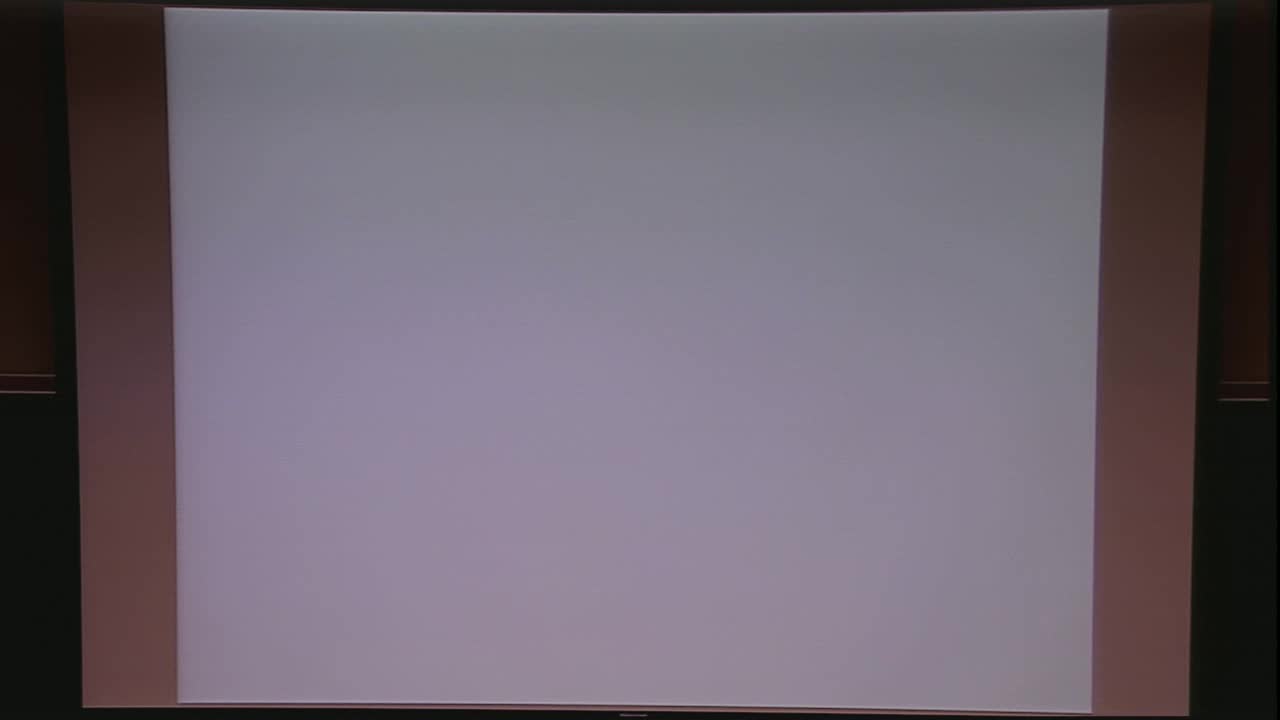Lensing and de-lensing the cosmic microwave background
Presenter
February 23, 2018
Keywords:
- cosmic microwave background, lensing, polarization, LenseFlow
Abstract
One of the major targets for next-generation cosmic microwave background (CMB) experiments is the precision mapping of CMB distortions due to the gravitational lensing effect of dark matter. Estimating this lensing is important for two reasons. First, lensing probes the nature of dark matter fluctuations in the sky. Second, lensing estimates can be used, in principle, to de-lense the observed CMB for reconstructing the primordial CMB fluctuations. Both of these problems are crucial for next-generation CMB experiments. In this talk we will discuss the lensing and de-lensing problems within the Bayesian framework and present a new algorithm for obtaining joint maximum a posteriori estimates of both the lensing potential and the de-lensed CMB polarization. The approach utilizes a new dynamical system characterization of lensing for pixelized maps which has both computational and conceptual advantages, such as allowing us to give a simple non-perturbative proof that the lensing determinant is equal to unity in the weak-lensing regime. This is crucial for a certain re-parameterization of the posterior which allows an iterative coordinate maximization to converge in a small number of steps.
